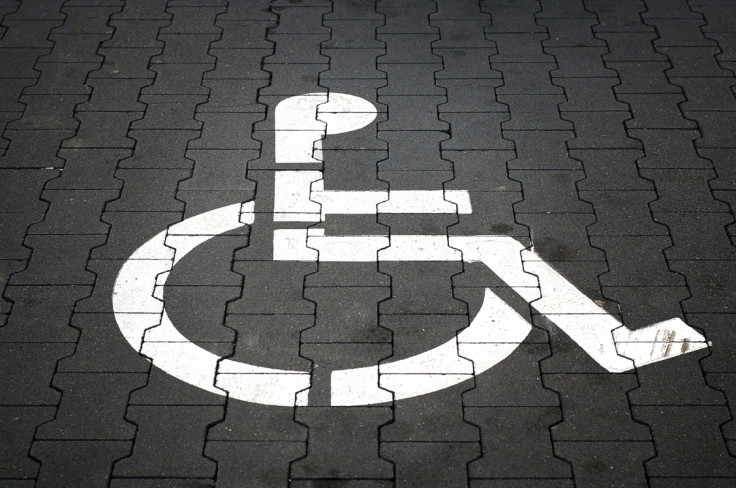It's Disabled Access Day – here are the everyday challenges you face as a wheelchair user
Access is improving but there is still some way to go when it comes to transport.

Disability access is improving across Britain – but there is still some way to go before people with disabilities have universal access – without a second thought – to all buildings and public transport.
For many people, the simple act of getting public transport, going out for dinner at a restaurant or going to a gig is made difficult because of a lack of access.
We spoke to Alex Taylor, a reporter and sub-editor at IBTimes UK and Newsweek who has cerebral palsy, about the problems he faces day-to-day because of a lack of access for disabled people.
"At present, venues (including listed buildings) rely on the vague legal term of 'reasonable adjustment' to wriggle free of the Equality Act, the legislation implemented to ensure universal access," he says.
This means many places – particularly nightclubs – can argue that the building isn't suitable or that any changes would be outside of their available budget for accessibility adaptations.
"This frustrates me," Taylor says. "As I wrote in this piece for Gigwise when I made this documentary on gig accessibility, I can cope with being disabled, but I can't cope with missing out because others have not fulfilled what I see as a basic civic duty."
"Of course I understand that in some cases accessibility isn't possible, but for 90% of the other occasions, I feel it comes down to mindset. Rather than branding access 'too difficult', switch that around towards making it possible."
"This may seem an overly positive approach, but I think that's what comes with being a disabled person," Taylor adds. "Mobility difficulties – on whatever level – require an individual to find a way, whatever that may be, in order to get on in life."
Public transport is also still a problem for people with disabilities – particularly the London Underground.
"The underground is largely a no-go for me. While access is improving, still only 25% is accessible," Taylor says. "IBT is perfect for me in terms of access because it is on the Jubilee line, an example of how the future should look. That said, go past Green Park and miss your stop (as I did once) and you realise the other side of the line is far from accessible."
"The alternatives to the underground are therefore the bus, a taxi, or a train," he adds. "Buses are generally good when the ramps don't break, and black cabs are all fitted with ramps. Councils do offer taxicards to help subsidise journeys by 10%, but these only offer 100 swipes a year."
Taylor points out that– at a previous job in Kensington – he had no choice but to get a taxi because of the lack of accessibility at the station. "My 100 swipes were gone in under two months," Taylor says.
Although train services in the capital can be good, not all have ramp access.
"There are also manual boarding ramps, but there are often miscommunication errors," Taylor says. One one occasion, a train guard forgot about him – which he recorded via Facebook.
© Copyright IBTimes 2024. All rights reserved.






